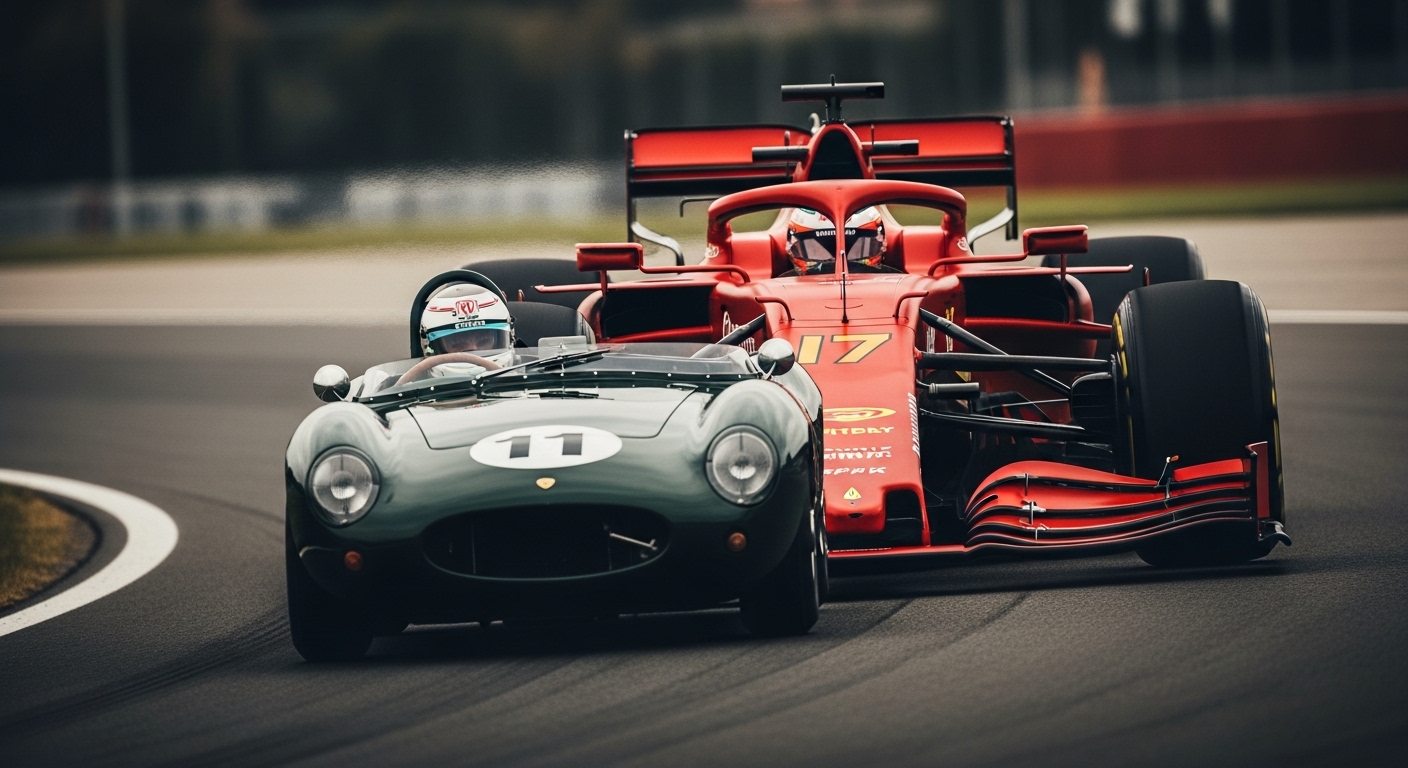Motorsport: A Thrilling Journey Through Speed and Precision
In the world of sports, few activities capture the excitement and adrenaline rush quite like motorsport. Whether it’s the roar of engines on the racetrack or the precision driving of rally cars through challenging terrains, motorsport has a long and storied history that continues to captivate audiences around the globe. From Formula 1 to rally racing, motorsport encompasses a wide range of disciplines that showcase the skill, strategy, and sheer thrill of high-speed competition.
History of Motorsport
The roots of motorsport can be traced back to the late 19th century when the first automobile races were held in Europe and the United States. These early races were often chaotic and dangerous, with drivers pushing the limits of their vehicles and themselves in pursuit of victory. As technology advanced, so did the sport, leading to the formation of organizations like the Fédération Internationale de l’Automobile (FIA) and the creation of iconic races such as the Monaco Grand Prix and the Le Mans 24 Hours.
Significance of Motorsport
Beyond the thrill of competition, motorsport plays a significant role in driving technological innovation. Many of the advancements we see in road cars today, from aerodynamics to safety features, have their roots in motorsport. Engineers and designers constantly push the boundaries of what is possible in pursuit of faster lap times and better performance, leading to benefits that ultimately trickle down to consumer vehicles.
Moreover, motorsport serves as a platform for showcasing talent and skill. Drivers must possess a unique combination of speed, precision, and mental fortitude to succeed in the high-pressure environment of racing. Teams work tirelessly to optimize their cars and strategies, demonstrating the power of teamwork and innovation in achieving success on the track.
Applications of Motorsport
While motorsport is primarily associated with professional racing series like Formula 1 and NASCAR, its influence extends far beyond the confines of the racetrack. Automotive manufacturers use motorsport as a testing ground for new technologies and materials, gaining valuable insights that can be applied to their road cars. Additionally, motorsport serves as a marketing tool, allowing brands to showcase their products in a high-performance setting that resonates with enthusiasts and consumers alike.
Future Trends in Motorsport
As we look ahead to the future of motorsport, several trends are shaping the landscape of the sport. Electric racing series like Formula E are gaining popularity as concerns about sustainability and environmental impact grow. Autonomous driving technologies are also beginning to make their way into motorsport, with competitions like Roborace featuring driverless cars racing against each other.
In addition, advancements in virtual reality and sim racing are blurring the lines between the real and virtual worlds, allowing fans to experience the thrill of motorsport from the comfort of their homes. These innovations are opening up new avenues for engagement and participation in motorsport, attracting a wider audience and driving continued growth in the industry.
Conclusion
Motorsport is more than just a sport – it is a celebration of speed, skill, and innovation that pushes the boundaries of what is possible. From its humble beginnings to the high-tech spectacles we see today, motorsport continues to captivate audiences around the world with its blend of excitement and excellence. As technology evolves and new trends emerge, the future of motorsport promises to be as thrilling and dynamic as ever, ensuring that this adrenaline-fueled journey through speed and precision will continue to captivate fans for generations to come.

